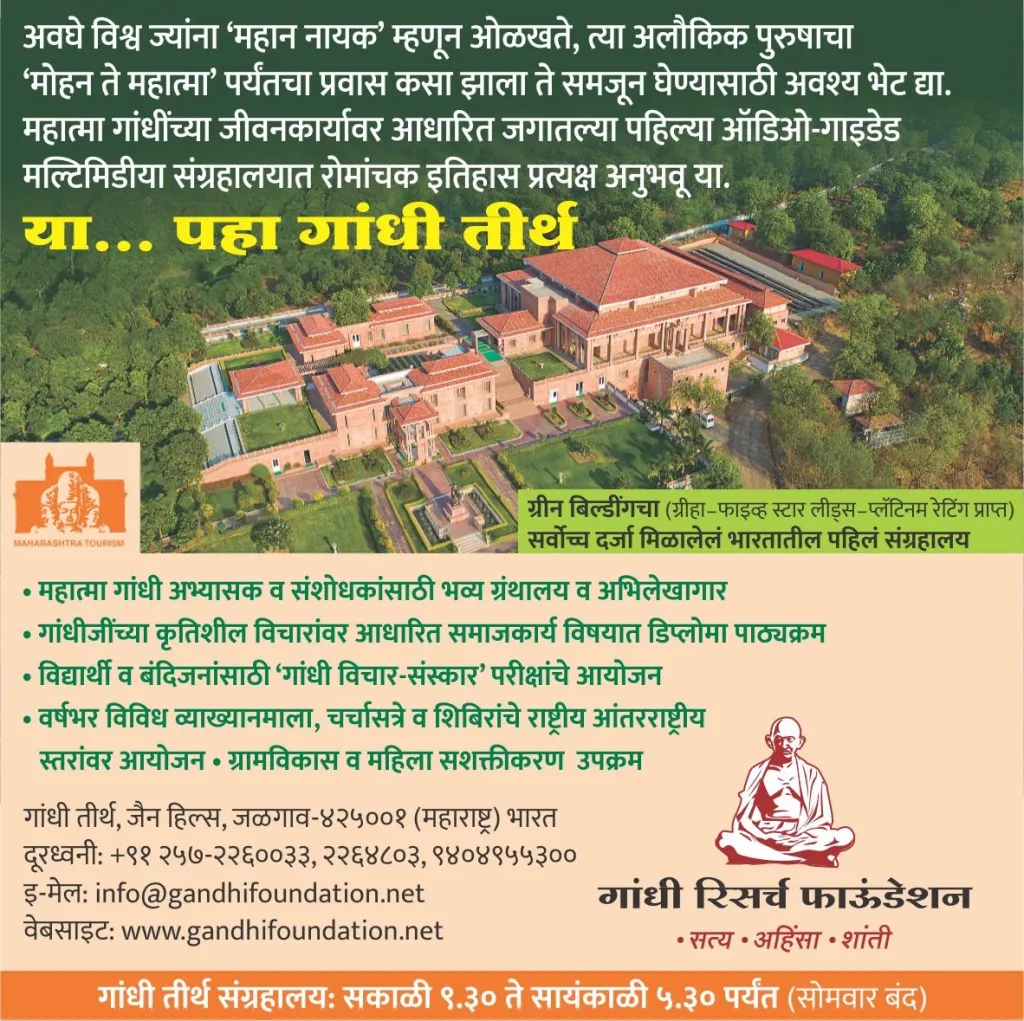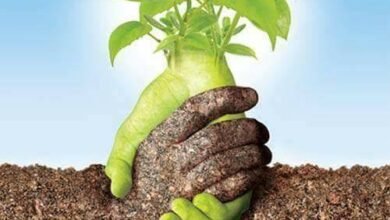World Soil Day….


World Soil Day is celebrated every year on December 5th to raise awareness about the importance of healthy soil and sustainable management of soil resources. It was officially recognized by the United Nations General Assembly in 2013, following the initiative of the Food and Agriculture Organization (FAO).
The day highlights the critical role soil plays in ensuring food security, maintaining biodiversity, and addressing climate change. Each year, World Soil Day has a specific theme to focus on a pressing issue related to soil.
For example:
Theme 2023: “Soil where food begins” emphasized soil’s central role in agricultural productivity and food systems.
Key Facts About Soil:
1. Soil Degradation: Over 33% of global soils are degraded due to deforestation, overgrazing, and unsustainable farming practices.
2. Biodiversity: A teaspoon of healthy soil contains millions of organisms, playing a vital role in nutrient cycles.
3. Climate Regulation: Soil acts as a major carbon sink, crucial for mitigating climate change.
Promoting soil health involves actions like adopting sustainable farming, avoiding excessive use of fertilizers, and preventing soil erosion.
Here are detailed insights about World Soil Day (WSD):
Overview
Date: December 5th (annually).
Organized by: The Food and Agriculture Organization (FAO) of the United Nations.
Purpose: To raise global awareness about soil’s vital role in sustaining life on Earth, addressing issues like soil degradation, biodiversity loss, and sustainable soil management.
History
1. Origin:
Initiated under the leadership of King Bhumibol Adulyadej of Thailand, a strong advocate for soil conservation.
Endorsed by the International Union of Soil Sciences (IUSS) in 2002.
2. Recognition:
In December 2013, the United Nations General Assembly officially declared December 5th as World Soil Day.
The date honors King Bhumibol Adulyadej, whose birthday is on December 5th, for his contributions to soil science.
3. First Celebration: December 5, 2014.
Themes
Each year, the celebration focuses on a particular issue:
2023: “Soil where food begins” – emphasizing soil’s role in food production.
2022: “Soils: Where nutrition begins” – linking soil health to human health and nutrition.
2021: “Halt soil salinization, boost soil productivity” – addressing salinization and soil fertility.
2020: “Keep soil alive, protect soil biodiversity” – focusing on soil organisms and ecosystem health.
Why Soil is Important
1. Foundation of Life:
95% of the food we eat depends on soil.
Healthy soil ensures sustainable agriculture and food security.
2. Biodiversity Hub:
Home to 25% of all terrestrial biodiversity, with microorganisms playing essential roles.
3. Environmental Role:
Soils act as a carbon sink, mitigating climate change by storing carbon.
Filters water and reduces the impact of pollutants.
4. Crisis of Soil Degradation:
33% of global soil is degraded due to deforestation, overuse of agrochemicals, and erosion.
Loss of arable soil is estimated at 24 billion tons annually.
Goals of World Soil Day
1. Awareness: Educate people about the importance of healthy soil for ecosystems.
2. Policy Advocacy: Encourage governments to adopt sustainable soil management policies.
3. Action: Promote activities like reforestation, organic farming, and reduced soil pollution.
How World Soil Day is Celebrated
Events: Conferences, workshops, and webinars on soil health and sustainable management.
Community Efforts: Tree planting, awareness campaigns, and sustainable farming demonstrations.
Educational Programs: Schools and Colleges.






